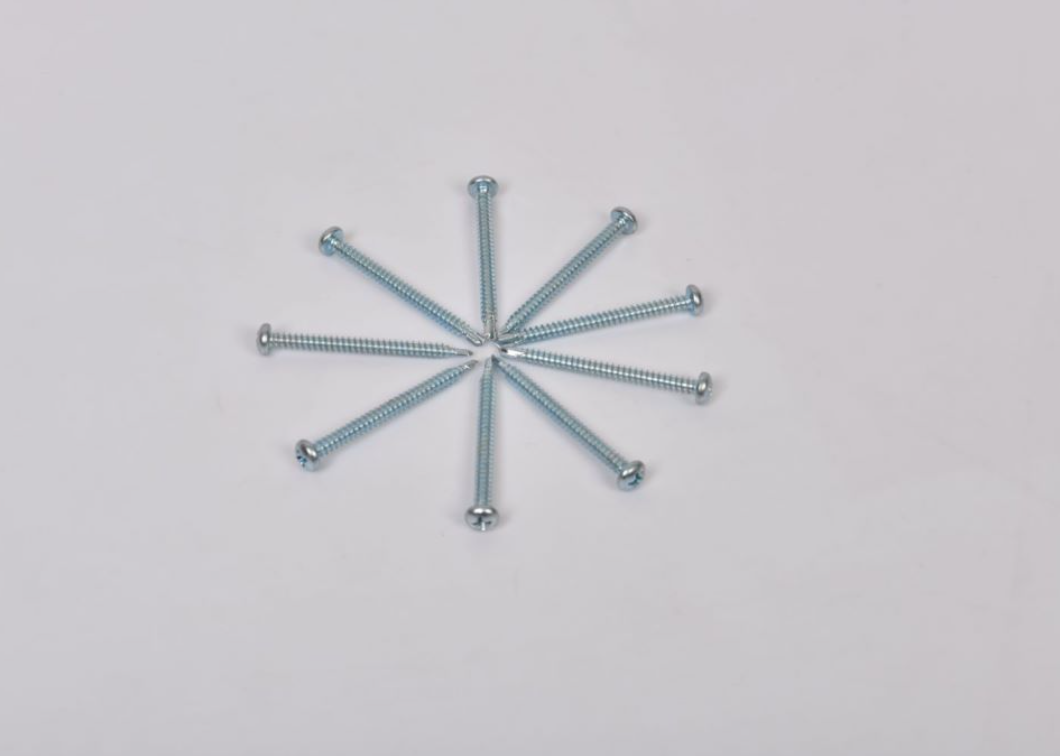Self-Drilling Screw Manufacturers for Wafer Head Products and Solutions
The Rise of Wafer Head Self-Drilling Screws in Manufacturing
In contemporary manufacturing, the significance of fastening solutions cannot be overstated. Among the myriad of fasteners available, wafer head self-drilling screws have garnered substantial attention due to their unique design and advantageous features. This article explores the manufacturing processes, applications, and benefits of wafer head self-drilling screws, with a focus on the factories producing these essential fasteners.
Understanding Wafer Head Self-Drilling Screws
Wafer head self-drilling screws are a specific type of fastener designed for metal-to-metal and metal-to-wood applications. The term wafer head refers to the screw's head shape, which is broad and flat, allowing for a larger bearing surface. This design minimizes the risk of pull-through and provides better load distribution. The self-drilling aspect means that the screw is equipped with a drill point that eliminates the need for pre-drilling holes, streamlining the installation process and saving time on the job site.
Manufacturing Process
The manufacturing of wafer head self-drilling screws involves several steps, each critical to ensure the final product's quality and performance
1. Material Selection The primary materials used for these screws are typically carbon steel or stainless steel, depending on the desired strength and corrosion resistance. The choice of material significantly impacts the screw's performance in various environments.
2. Forming The initial step in production involves cold heading, where metal wire is shaped into the basic form of the screw. This process is energy-efficient and contributes to the mechanical strength of the fastener.
3. Drilling Following the forming stage, screws are equipped with the self-drilling tip. This is achieved through a precise grinding process that produces a sharp, drill-like point capable of penetrating various substrates without pre-drilling.
4. Coating Many manufacturers apply a protective coating to enhance corrosion resistance. Common coatings include zinc plating or other specialized finishes that can withstand environmental challenges, especially in outdoor or industrial applications.
5. Quality Control Rigorous testing is conducted to ensure that the screws meet industry standards for tensile strength, hardness, and other critical parameters. This quality assurance process is vital for maintaining the reliability of the screws in their intended applications.
Applications of Wafer Head Self-Drilling Screws
Wafer head self-drilling screws are versatile and find extensive use in various industries
wafer head self drilling screw factories factories

- Construction They are commonly used to secure metal roofing, siding, and other external elements. The ability to drill through metal and fasten materials securely helps ensure structural integrity.
- Automotive In the automotive sector, these screws are utilized for assembling various components and panels, contributing to the overall safety and durability of vehicles.
- Manufacturing Many manufacturers rely on wafer head self-drilling screws for machinery assembly and structural applications, owing to their reliability and ease of use.
- Home Improvement DIY enthusiasts and professionals alike favor these screws for projects ranging from cabinetry to decking, where strong bonds are essential.
The Advantages of Wafer Head Self-Drilling Screws
The popularity of wafer head self-drilling screws can be attributed to several key advantages
- Efficiency The self-drilling feature reduces the need for additional tools and processes, allowing for quicker assembly and reduced labor costs.
- Strong Fastening With a larger head surface, these screws provide a robust fastening solution that can handle heavy loads and resist pull-out.
- Versatility Their ability to work with various materials makes them suitable for multiple applications across different sectors.
- Corrosion Resistance With appropriate coatings, these screws can withstand adverse conditions, ensuring longevity and reducing maintenance needs.
Conclusion
Wafer head self-drilling screws represent an essential component in modern manufacturing, favored for their efficiency, strength, and versatility. As industries continue to innovate and demand more reliable fastening solutions, the role of specialized factories in producing these screws becomes increasingly crucial. From efficient manufacturing processes to rigorous quality control, the journey of wafer head self-drilling screws from factories to applications exemplifies the significance of these components in ensuring structural integrity and operational efficiency across various sectors.
-
Top Choices for Plasterboard FixingNewsDec.26,2024
-
The Versatility of Specialty WashersNewsDec.26,2024
-
Secure Your ProjectsNewsDec.26,2024
-
Essential Screws for Chipboard Flooring ProjectsNewsDec.26,2024
-
Choosing the Right Drywall ScrewsNewsDec.26,2024
-
Black Phosphate Screws for Superior PerformanceNewsDec.26,2024
-
The Versatile Choice of Nylon Flat Washers for Your NeedsNewsDec.18,2024










